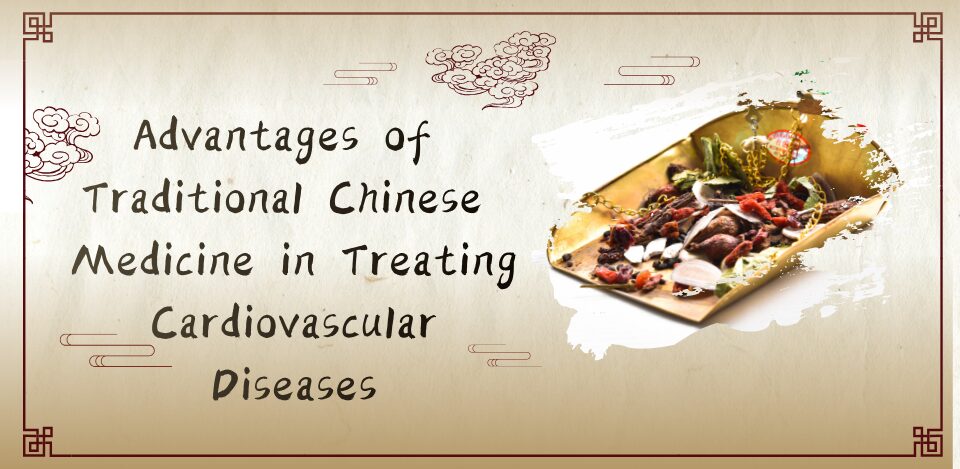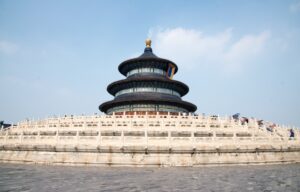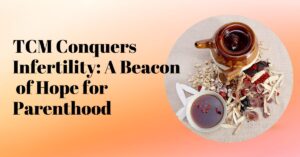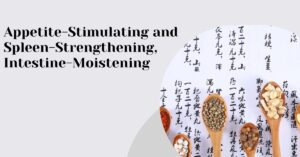Advantages of Traditional Chinese Medicine in Treating Cardiovascular Diseases

Traditional Chinese Medicine (TCM) has unique advantages in treating cardiovascular diseases through syndrome differentiation and personalized treatment. Based on the patient’s condition and constitution, TCM uses specific combinations of herbal formulas to regulate the body’s functions. Cardiovascular diseases often result from a combination of factors such as qi deficiency, blood stasis, and phlegm retention. TCM treatments focus on improving heart function, regulating blood circulation, and relieving symptoms such as chest tightness and heart pain, aiming to control and alleviate the condition.
1. Qi Deficiency and Blood Stasis Type
Qi deficiency and blood stasis are common syndromes in cardiovascular diseases. Patients of this type often present symptoms like fatigue, shortness of breath, heart palpitations, pale complexion, and weakness. The underlying pathology is the insufficiency of qi, leading to poor blood circulation and stasis. Physical activities may worsen the symptoms, accompanied by chest pain, palpitations, and discomfort in the precordial area.
Pathology
In TCM, “qi is the commander of blood,” meaning that when the movement of qi is insufficient, blood circulation slows down, leading to blood stasis. Qi deficiency prevents the smooth flow of blood, causing it to stagnate in the heart, resulting in chest tightness and palpitations. Therefore, the key to treatment lies in replenishing qi and promoting blood circulation.
Treatment Strategy
For qi deficiency and blood stasis, TCM focuses on tonifying qi and activating blood circulation to improve heart function and alleviate symptoms such as chest pain and palpitations. This approach helps improve blood flow and strengthen heart function.
2. Phlegm Retention and Obstruction Type
Patients with phlegm retention and obstruction often experience symptoms like chest tightness and shortness of breath, especially during physical exertion. They may also have a heavy body, dizziness, and a dull complexion. This type of patient generally has a phlegmatic constitution, where phlegm retention blocks the meridians, hindering normal blood flow, thus placing extra burden on the heart.
Pathology
The formation of phlegm is closely related to dysfunction in the spleen and stomach. The spleen governs water metabolism, and when its function is impaired, water retention turns into phlegm. This phlegm obstructs the meridians, affecting normal blood circulation, exacerbating the ischemic condition of the heart, and leading to symptoms like chest tightness and difficulty breathing.
Treatment Strategy
For phlegm retention and obstruction, the treatment focuses on eliminating phlegm, draining dampness, and unblocking the meridians to restore smooth blood flow. By clearing the phlegm, the pressure on the heart is reduced, improving symptoms such as chest tightness and shortness of breath.
3. Yin and Yang Imbalance Type
Patients with yin-yang imbalance often exhibit symptoms such as heart palpitations, restlessness, night sweats, dizziness, warm extremities (or coldness), and a red or pale complexion. In TCM, the development of cardiovascular diseases is often associated with a disruption in the balance of yin and yang. This imbalance may manifest as either yin deficiency, leading to an excess of yang, or yang deficiency, resulting in insufficient heart energy.
Pathology
Yin-yang imbalance in cardiovascular diseases involves a disruption of harmony. Yin deficiency causes excessive yang to rise, leading to symptoms such as restlessness, irritability, and insomnia. Conversely, yang deficiency manifests as insufficient cardiac energy, resulting in cold extremities, fatigue, and worsening heart palpitations. Both conditions affect normal heart function and contribute to the progression of cardiovascular disease.
Treatment Strategy
For yin-yang imbalance, treatment should either nourish yin or warm yang, depending on the specific condition. For patients with yin deficiency, nourishing yin and lowering fire is essential to calm the mind. For those with yang deficiency, warming and tonifying the heart’s yang energy is key to enhancing heart function and balancing the body’s yin and yang.
Disclaimer: Every individual’s constitution and symptoms are different. If you experience any symptoms of cardiovascular disease, please seek medical advice from a nearby healthcare professional and follow their instructions.













